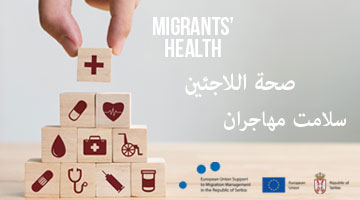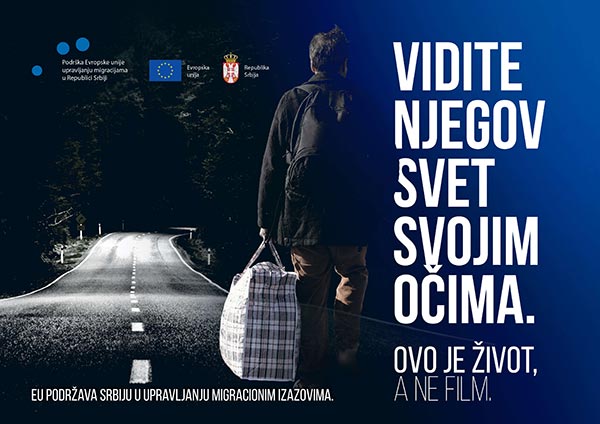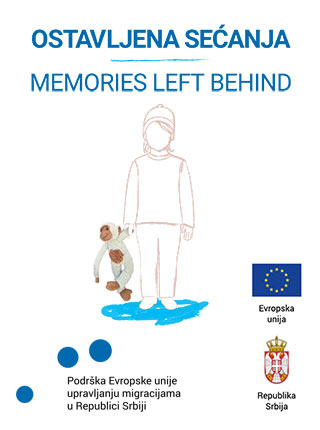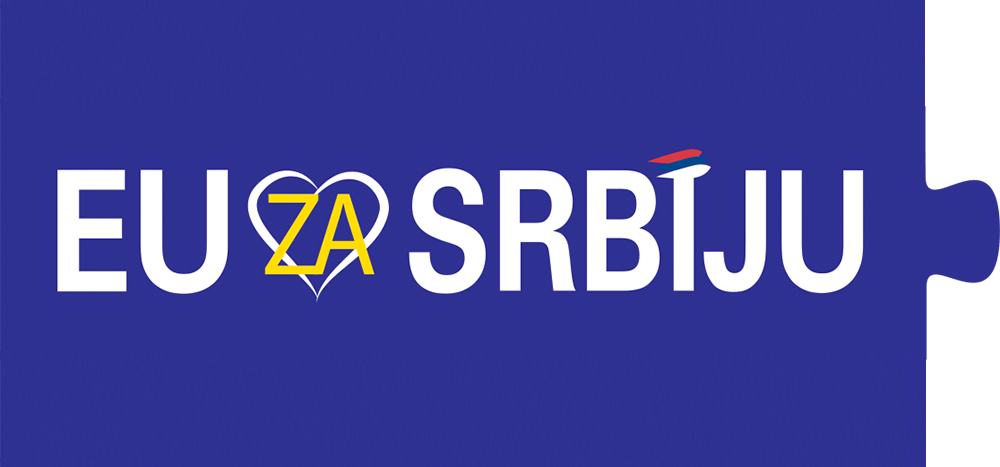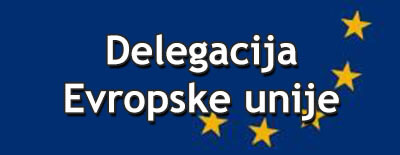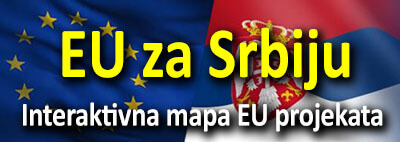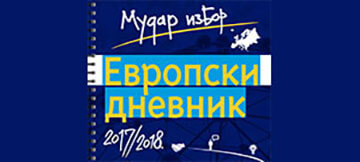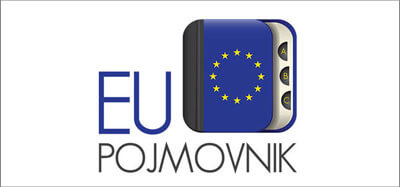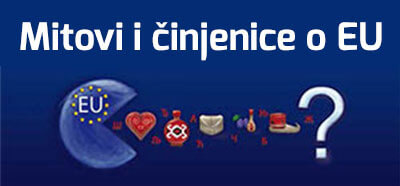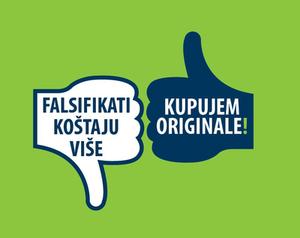19 June 2019
Two-day workshop for media representatives in Nis
What are the consequences of fake news and sensationalistic reporting about the migrant population staying in Serbia? How to maintain the professional standards of journalism, provide quality, relevant and timely information to citizens? What are the challenges faced by representatives of the institutions of the Government of the Republic of Serbia, local self-governments and local service providers when it comes to migration management?
These are just some of the questions that were discussed at the media workshop held on 13 and 14 June 2019 in Nis. The event gathered representatives of local and national media, ministries of the Government of the Republic of Serbia, municipal and city administrations, as well as representatives of humanitarian, education and health and social care institutions of municipalities and cities hosting migrants and refugees in the south of Serbia.
Aleksandra Niksic, BBC News Serbian Editor, talked about the far-reaching consequences of unprofessional media reporting. Aleksandra presented BBC’s experience and highlighted the principle of fact-checking, as the most important in the reporting process, adding that a warm, personal story about a migrant’s life can attract a large number of readers, and not just sensations.
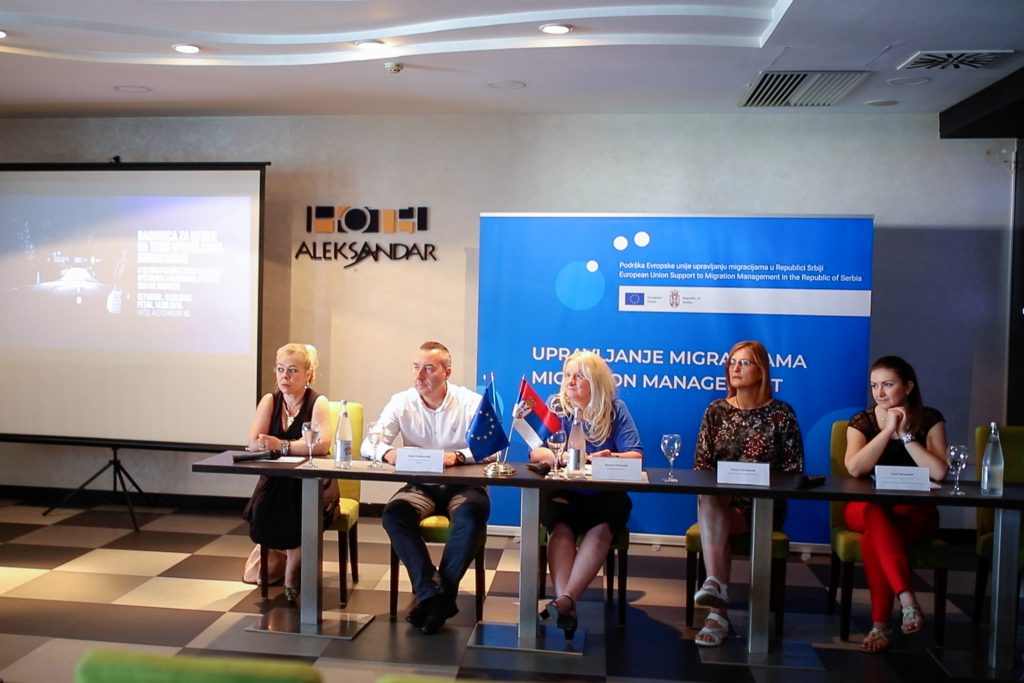
Ivan Gerginov, Assistant Commissioner for Refugees and Migration of the Republic of Serbia, spoke about the great sensitivity of the local population to human suffering, having in mind that Serbia has been intensively facing migrants, refugees and internally displaced persons in the past 20 years.
Unaccompanied minors are often in the greatest risk from human trafficking for sexual, labour or other exploitation. Sanja Savic, representative from the Centre for Human Trafficking Victims Protection, said that more than 100 reports of potential human trafficking have been received from 2015, adding that nine victims have been identified out of that number and that the predominant form of human trafficking is sexual exploitation.
Sanja Zivkovic from the Centre for Accommodation of Unaccompanied Underage Migrants in Nis explained the actions of social workers in taking care of unaccompanied minors, the procedures for accommodation in foster families and institutions of the social protection system.
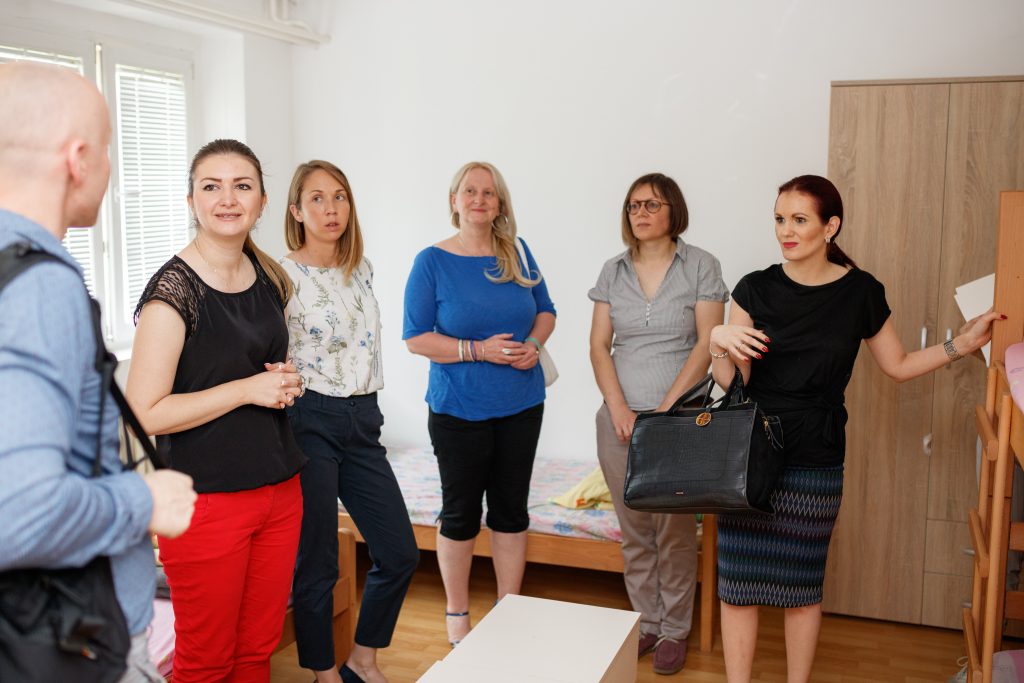
Suzana Lazarevic, preschool teacher from the Preschool Institution “Nasa radost” in Bujanovac talked about including migrant children in preschool education.
The state of public health is one of the key issues, which was often the topic of sensationalist media headlines in the context of the presence of migrants in Serbia. Dr Biljana Popovic, epidemiologist of the Public Health Institute of Vranje, presented a retrospective of the situation and the measures taken from 2015 to date. She highlighted that all preventive health care measures were taken, and that regular disinfection, disinsectization and pest control have been and are being implemented.
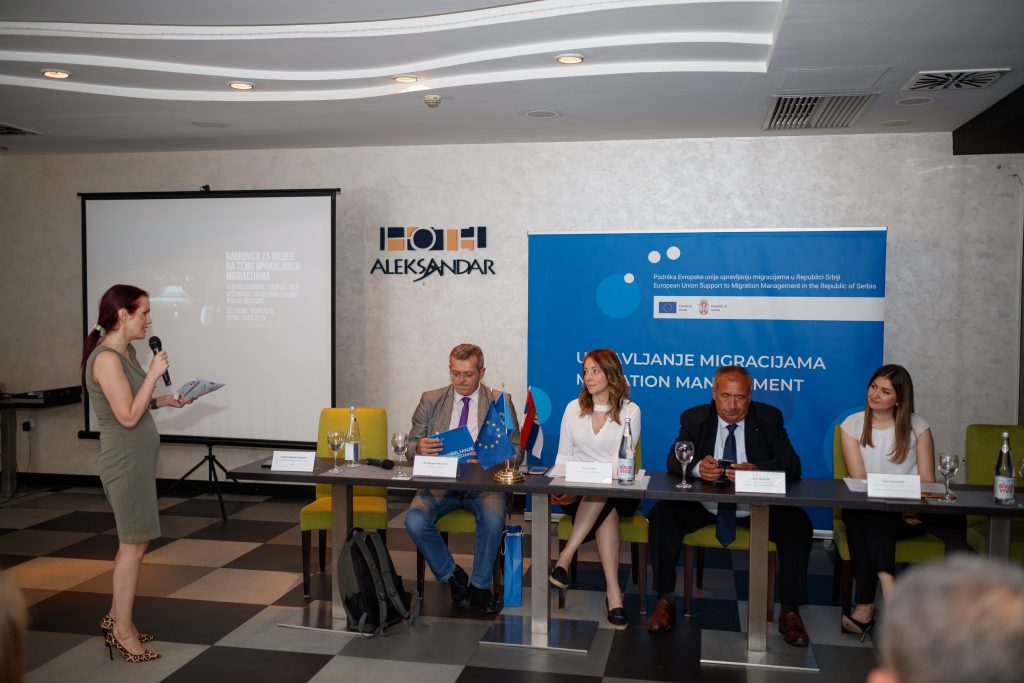
Predrag Zivotic from the World Health Organization also spoke about the health care system and he reflected on the manner of funding the health care services and services for the migrant population.
An example of migration management from the perspective of the local self-government was presented by Bojan Randjelovic, Assistant Mayor of Pirot, with the information that 3,000 migrants passed through three reception centres in the Pirot district – Pirot, Bela Palanka, Dimitrovgrad.
The Centre for Social Work in Pirot was among the local public service providers who also faced new challenges with the arrival of migrants. Marija Vasic, director of the Centre, picturesquely explained the complexity of the situation:
“When you are faced with a person who claims to be underage, regardless of not having single identification document, you need to conduct the assessment, draft a service plan and provide protection to the unaccompanied underage migrant. Another aggravating circumstance is that you have almost no information about the environment the beneficiary comes from, you have an unfamiliar culture and a language barrier.”
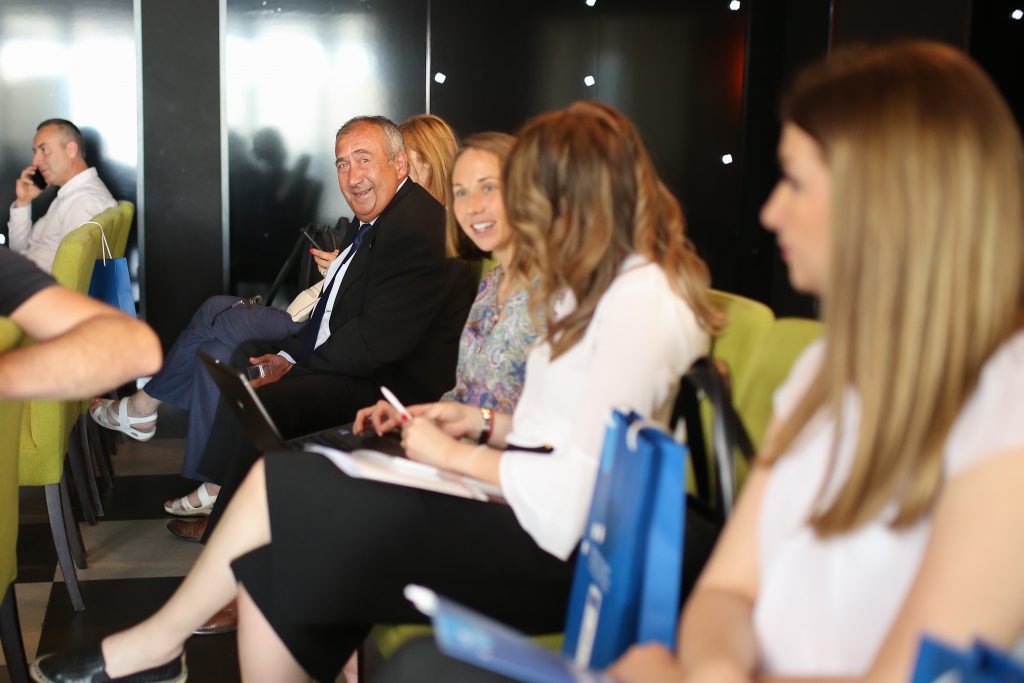
However, as the director Vasic concluded, the fact that the institutions are well-connected, along with good communication and support, enabled the Centre for Social Work in Pirot to fulfil and keep fulfilling its mission despite all the obstacles.
After the media workshops in Novi Sad (6 and 7 June 2019) and Nis, the media workshop for media representatives from Belgrade will be organized in Belgrade in late June.







